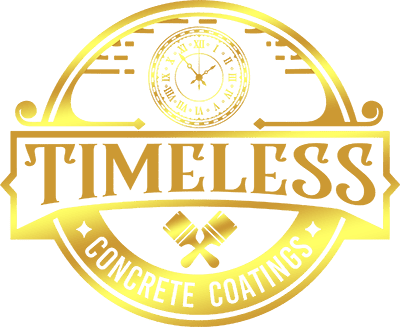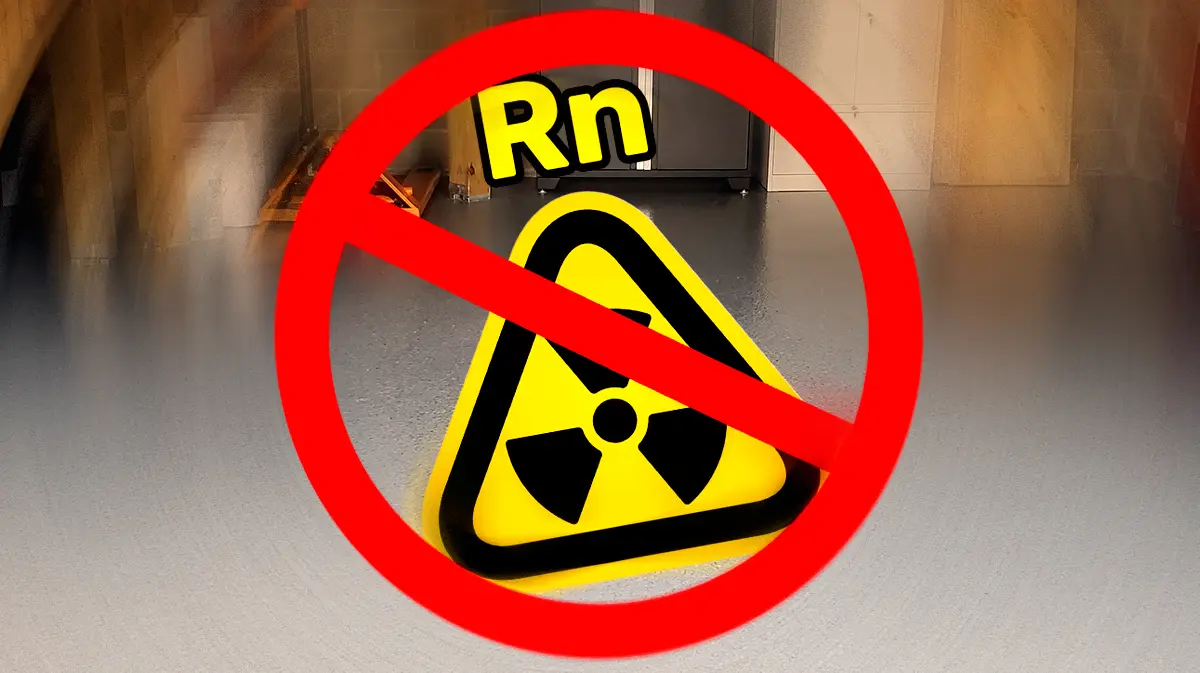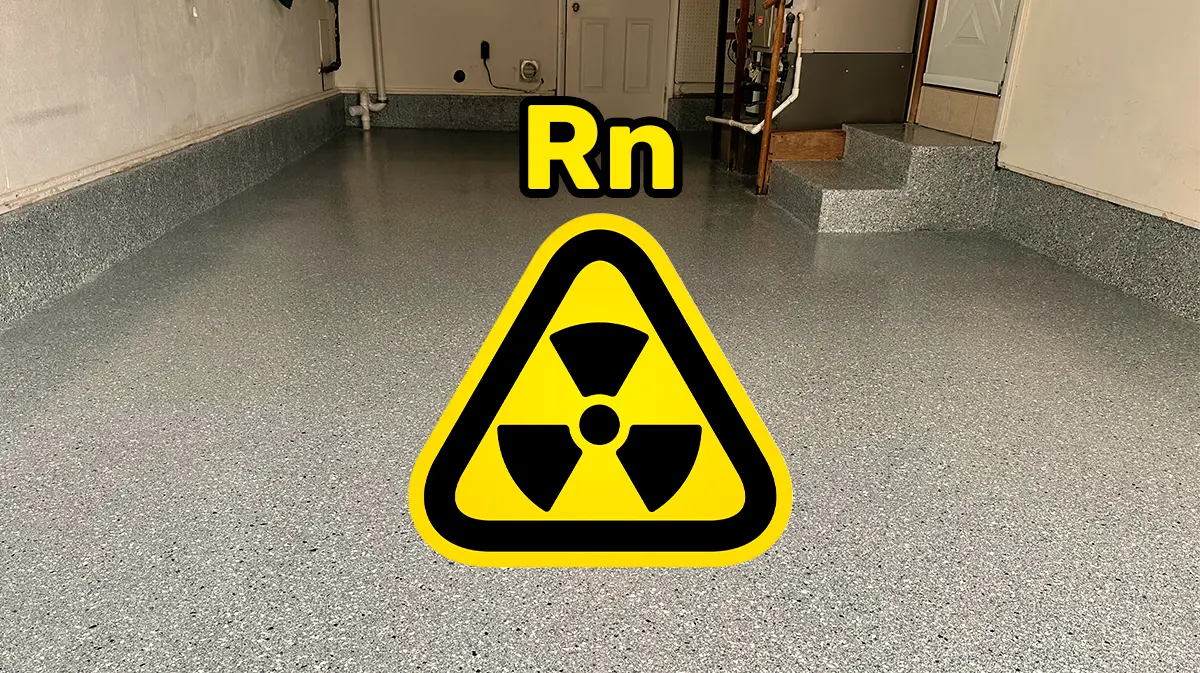Most New Yorkers have heard something about the dangers of radon gas in their homes. A lot of us also know that a musty-smelling basement can also come with some risks as well. What do radon and moisture have in common? What are the risks, in no uncertain terms? How can a company like ours help?
Here’s a quick, clear explanation.
What You Need to Know About Radon
Radon is a radioactive gas that forms from the natural decay of uranium found in soil, rock, and water. This gas is invisible and odorless, making it nearly impossible to detect without proper testing. While radon is relatively harmless in open air, it becomes dangerous when it seeps into homes, particularly through cracks and gaps in concrete foundations. Once inside, radon can accumulate, leading to potential health risks. The New York State Department of Health warns that long-term exposure to high levels of radon is a leading cause of lung cancer, second only to smoking.
Long Island’s Radon Concerns
While Long Island is not generally known as a radon hotspot, that doesn’t mean the threat isn’t present. The only way to determine if radon is a problem in your home is to test for it. Testing kits are affordable and accessible, providing a straightforward way to assess your home’s safety. The New York State Department of Health emphasizes the importance of testing, particularly for homes with basements or ground-level living spaces where radon is more likely to enter.
Understanding Moisture and Its Effects
Moisture issues in concrete floors are another serious concern that homeowners must address. Concrete, by its very nature, is porous, allowing moisture from the ground beneath to rise up into your living spaces. Over time, this can cause visible damage such as dark stains or a white, powdery substance known as efflorescence. Beyond these visible signs, moisture can contribute to unhealthy indoor air conditions, potentially leading to problems like mold growth or Sick Building Syndrome (SBS). SBS is characterized by symptoms such as headaches, dizziness, and respiratory issues, often triggered by poor air quality.
Radon and Moisture: The Protective Power of Epoxy Coatings
Epoxy floor coatings offer an effective solution to combat both radon infiltration and moisture problems. When applied correctly, these coatings form a durable, impermeable barrier that not only blocks radon from seeping into your home but also prevents moisture from rising through the concrete. This is especially valuable in Long Island, where fluctuating humidity and varying radon levels can create a challenging environment for homeowners. With epoxy coatings, you add an extra layer of defense, ensuring both the safety and longevity of your floors.
Testing and Solutions
If you haven’t already tested your home for radon, it’s a critical step in maintaining a safe living environment. Simple-to-use radon test kits are available and can help you detect whether your home is at risk. If the test reveals elevated radon levels, it’s crucial to have a professional install a radon mitigation system, which can effectively lower radon levels by venting the gas outside.
For moisture issues, sealing your floors with a professionally applied epoxy coating can provide long-term protection. We specialize in these installations, ensuring that your home benefits from both the aesthetic appeal and the protective qualities of epoxy. These coatings are not only easy to maintain but also offer customizable options to fit the style of any space.
Ensuring a Healthy and Durable Home
Investing in radon testing and moisture control through the application of epoxy coatings is an essential step in protecting your home. The risks associated with radon exposure and moisture-related damage are significant, but they can be effectively managed with the right precautions. Epoxy coatings provide a reliable, long-term solution, enhancing both the safety and the value of your property.


